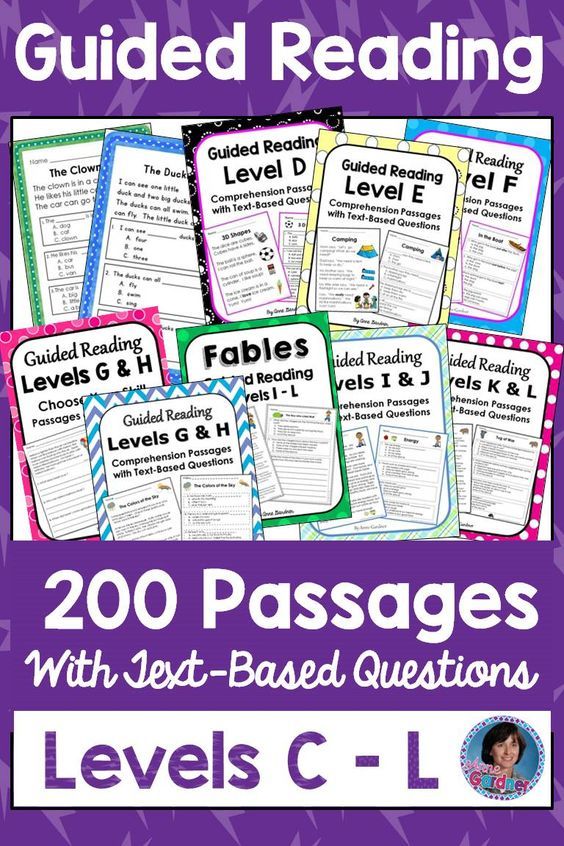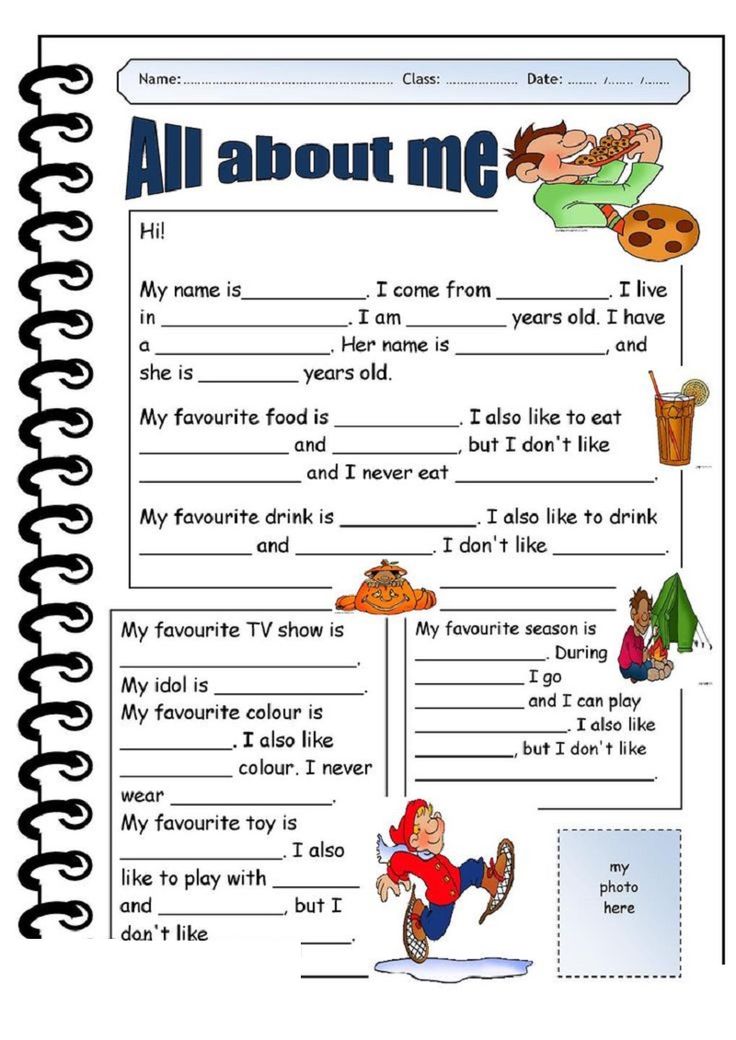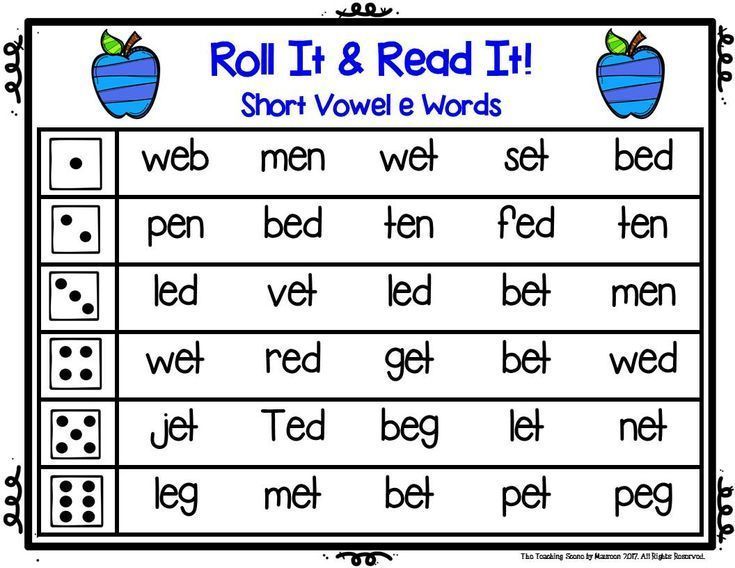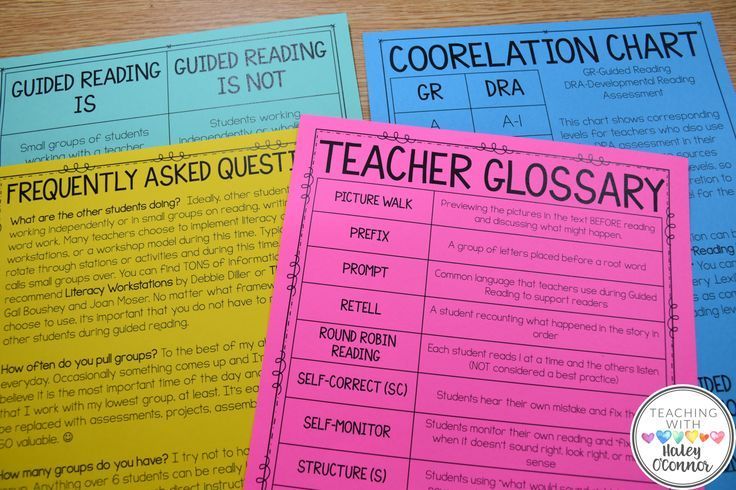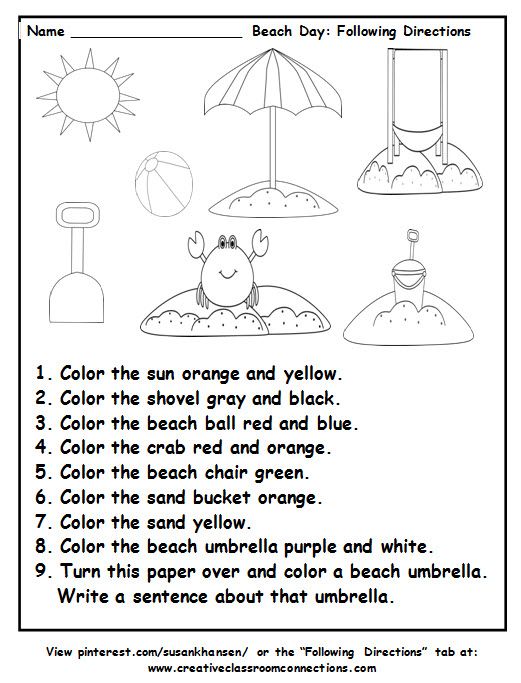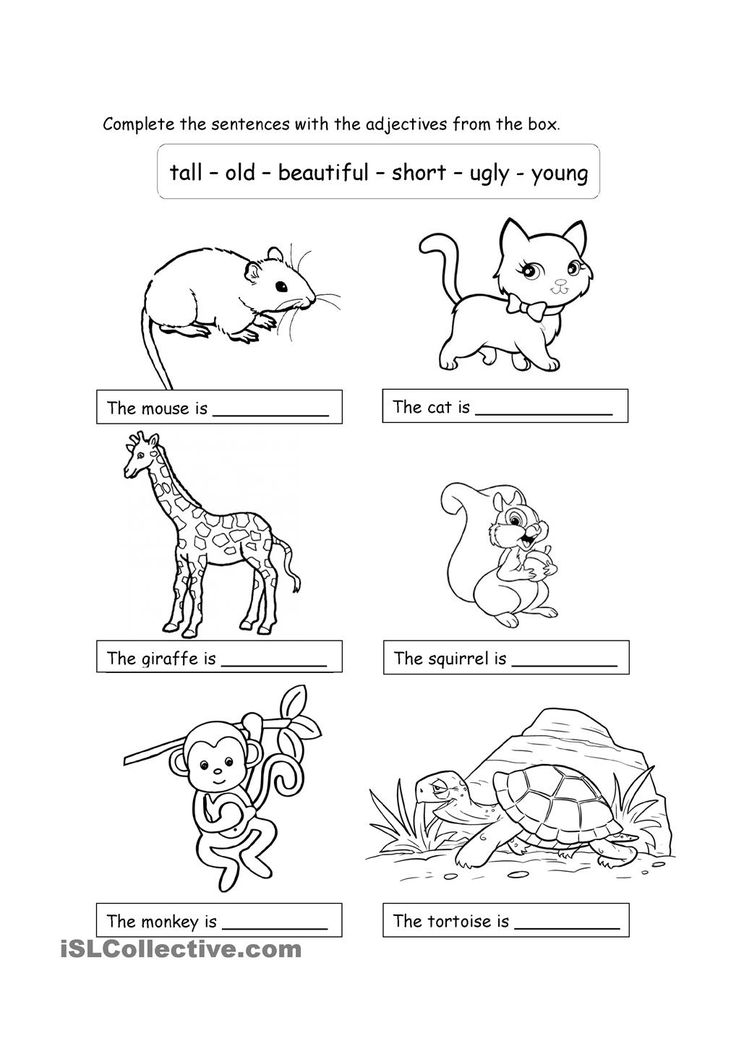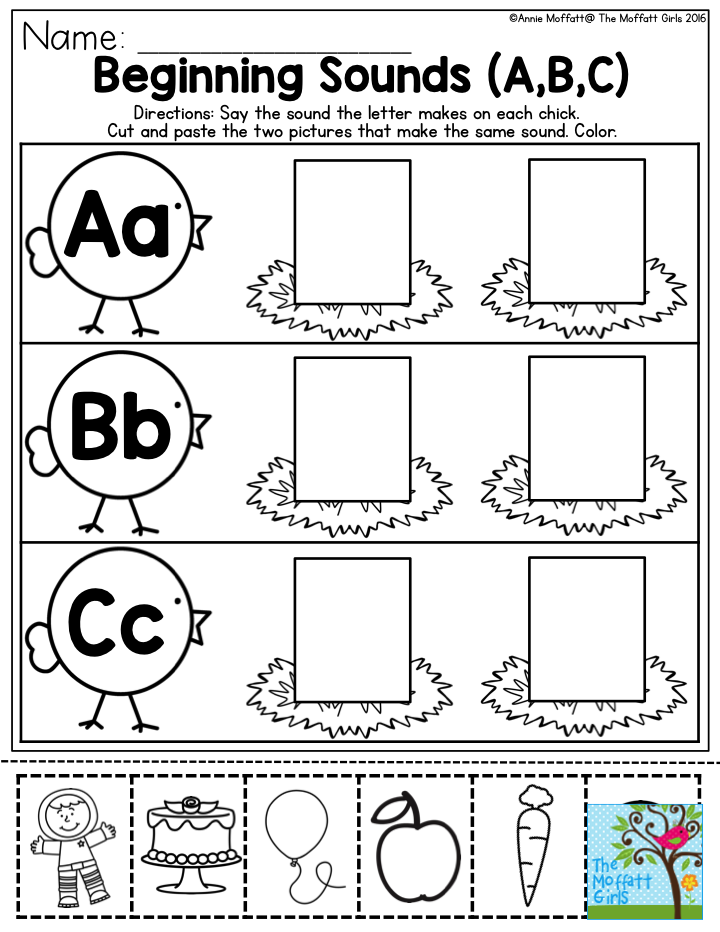Education spelling games
Free Online Spelling Games for Kids
We have fun, free online spelling games for kids in addition to the practice and test sections of our website. These interactive spelling games can be played with our imported lists or play spelling games with your own words.
Subscribe to Home Spelling Words!
Spelling has never been more fun! Please let us know what kind of games you would like to play on this site by emailing us at [email protected] or by posting on the Home Spelling Words Facebook page. These are the perfect games to help with spelling words or lists assigned by your school. Practice as much as you like to improve your spelling test grades.
Crazy Fish Game
Can you help Crazy Fish eat the correctly spelled words on surfboards? Test your spelling skills by making your own
spelling lists or by using our spelling lists. If you have children who hate spelling, then this is the kind of spelling
help you need. Enter easy words, hard to spell words, holiday lists or anything you like. Crazy Fish is just one of
the many new spelling games for kids that we’ve recently developed. Use these fun word games for students to improve your
child's spelling or even vocabulary.
Spelling Memory Game
Memory Games are always a favorite, and this interactive spelling game will keep your children entertained.
Your student will get to know and recognize their spelling lists through playing this memory game with
their own spelling words from school or with our grade appropriate spelling lists developed by teachers.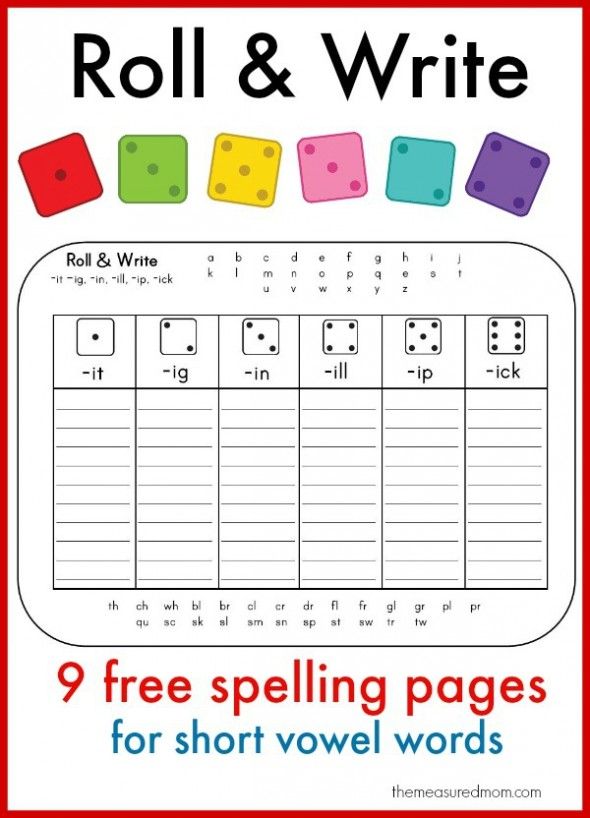 This is one of our many new great spelling word activities for kids.
This is one of our many new great spelling word activities for kids.
King Cactus Game (Hangman Spelling Game)
Our fun King Cactus game is a hangman style game. The object of the game is to save the fish from getting caught by the fisherman! Select a letter that you think is in the word and if it is wrong, bits of a fish start to appear on the hook. If you can't guess the word, then the whole fish in on the line and you are caught and end up in the fisherman's bucket!
Play with Kindergarten Lists Play with 1st Grade Lists Play with 2nd Grade Lists Play with 3rd Grade Lists Play with 4th Grade Lists Play with 5th Grade Lists Play with 6th Grade Lists Play with 7th Grade Lists Play with 8th Grade Lists Play with 9th Grade Lists Play with Themed ListsMouse Maze Spelling Game
Use the mouse maze game to practice spelling.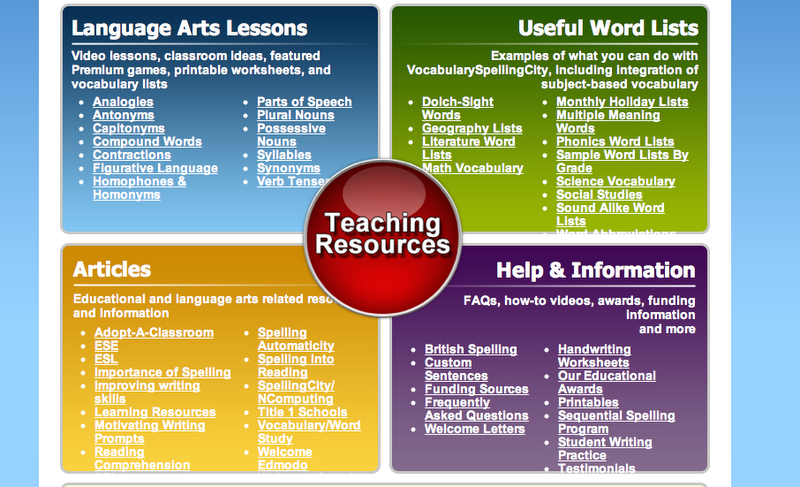 Help Herman the mouse navigate toward each cheese.
Once Herman touches the cheese, your student will hear the spelling word and will be prompted to
spell the word to continue. If there are a lot of words on the spelling list, you may find
yourself helping Herman through multiple mazes until you've reached the end.
Help Herman the mouse navigate toward each cheese.
Once Herman touches the cheese, your student will hear the spelling word and will be prompted to
spell the word to continue. If there are a lot of words on the spelling list, you may find
yourself helping Herman through multiple mazes until you've reached the end.
Word Scramble Game
If you're looking for fun spelling activities for kids then the Word Scramble Game was made for you!
We take your spelling words and scramble them up and you have to guess the words by selecting letters.
If the letter is right, it sticks, but if it is wrong, you have to keep trying.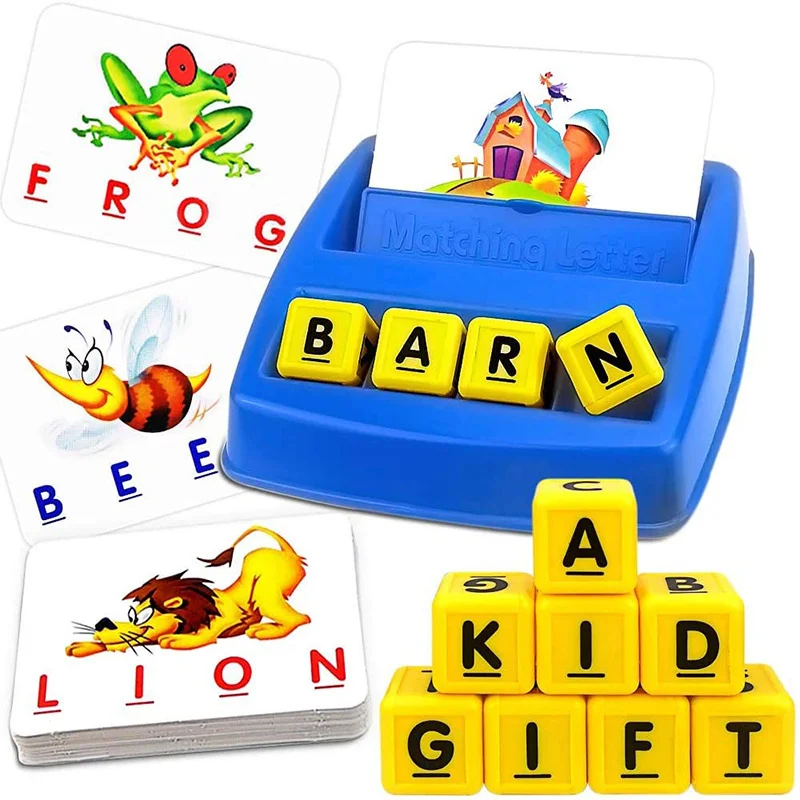 It's a unique way to
practice spelling with an engaging spelling game.
It's a unique way to
practice spelling with an engaging spelling game.
Word Chopper Game
Chop Away at Your Spelling Lists until you get all the words right!
Word Chopper is another great original interactive spelling game developed by Home Spelling Words.
The object of the game is to spell the words correctly until you've spelled them all correctly.
Essentially, you whittle away at your spelling list by spelling words right. This is a great way
to practice for your weekly spelling tests as you are able to practice as much as you like, while
playing a fun game.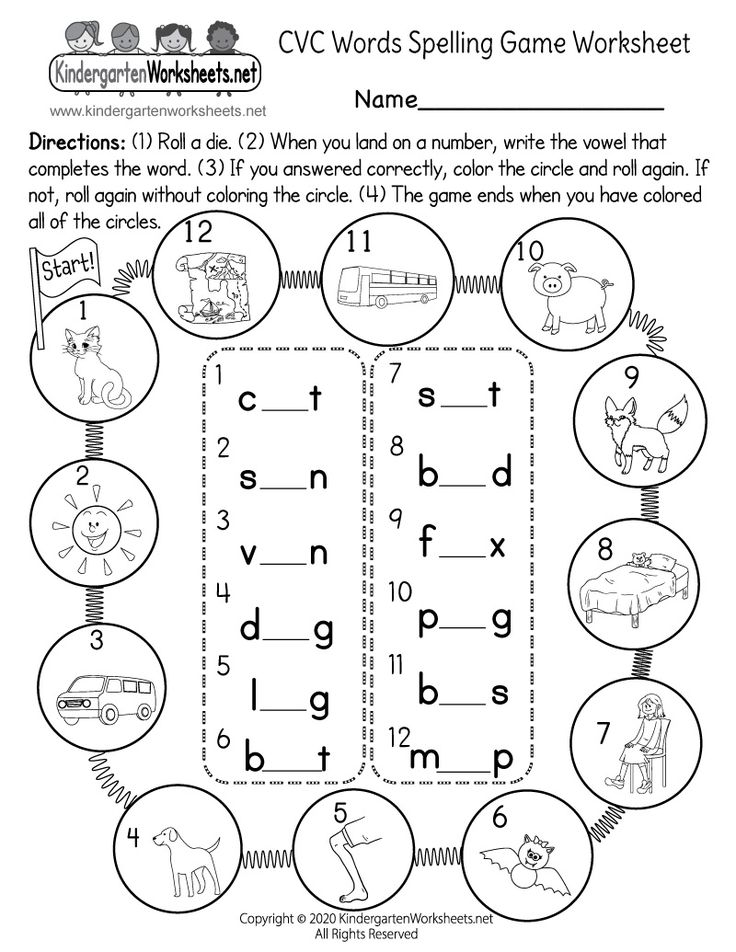 Spelling practice is never boring when you can play games to learn.
Spelling practice is never boring when you can play games to learn.
Word Search Game
Use the Word Search Maker to create a word search with your own spelling list. Every time you reset the game it mixes up the words and changes the Word Search so it is fresh and interactive. To play, highlight the words with your mouse and they get crossed off your list until you are done. To mix up the words and play again, simply click the play button.
Play with Kindergarten Lists Play with 1st Grade Lists Play with 2nd Grade Lists Play with 3rd Grade Lists Play with 4th Grade Lists Play with 5th Grade Lists Play with 6th Grade Lists Play with 7th Grade Lists Play with 8th Grade Lists Play with 9th Grade Lists Play with Themed ListsFill-in-the-Blank Game
Our Fill-in-the-Blank game is interactive and changes every time! It randomly selects letters to hide. This makes the game different
every time you play, so your student can play over and over without getting bored. Just like the test or practice sections,
this game checks for capitalization, apostrophes, and even spaces. It's a great way to learn while having fun. You can
use your spelling lists from school or use ours. If you are looking for free online games for kids, all of our Fill-in-the-Blank
games are completely free to use.
This makes the game different
every time you play, so your student can play over and over without getting bored. Just like the test or practice sections,
this game checks for capitalization, apostrophes, and even spaces. It's a great way to learn while having fun. You can
use your spelling lists from school or use ours. If you are looking for free online games for kids, all of our Fill-in-the-Blank
games are completely free to use.
Spelling Soup Game / Word Catcher Game
The Spelling Soup game drops words from your spelling lists. Students must catch the correctly spelled words
in the bowl to get points. This game changes every time you play and helps students learn to recognize correctly
spelled words versus misspelled words.
This game changes every time you play and helps students learn to recognize correctly
spelled words versus misspelled words.
Bink Bonk Game
Bink Bonk is a fantastic educational game. The player must use the paddle to hit the purple blocks and they will be prompted to spell one of their spelling words from their list until their entire list is completed.
Play with Kindergarten Lists Play with 1st Grade Lists Play with 2nd Grade Lists Play with 3rd Grade Lists Play with 4th Grade Lists Play with 5th Grade Lists Play with 6th Grade Lists Play with 7th Grade Lists Play with 8th Grade Lists Play with 9th Grade Lists Play with Themed ListsSpelling TestMe
About this Game
Free Activity
The standards correlation for this activity is coming soon!
Spelling TestMe provides students with the opportunity to take a traditional spelling test independently and receive immediate feedback.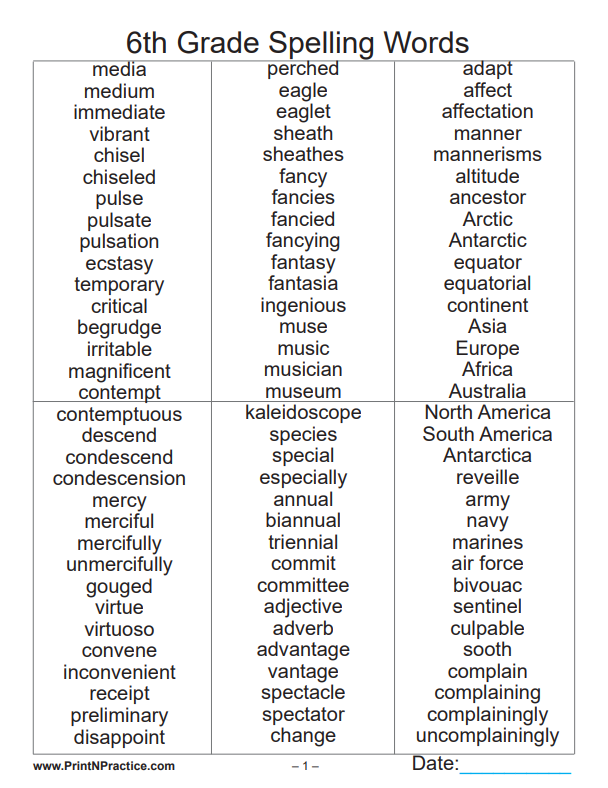
Try Spelling TestMe
with a sample word list!
- K-2ndSight Words
- 3rd-5thPossessive Nouns
- 6th-8thGeography
- 9th-12thScience: Chemistry
Create your own word lists and more with Premium Membership
Learn More
- Foundational Skills
- Phonics
- Fluency
What? Spelling is a foundational skill that is necessary for reading and writing proficiency. More...Less
Spelling instruction begins with phonics and phonemic awareness, two major components in reading instruction. Through spelling, students draw on their knowledge of letter and sound relationships and they can begin to decode and encode words.
When? In kindergarten, students begin to explore letter-sound correspondence and the written English language through inventive spelling.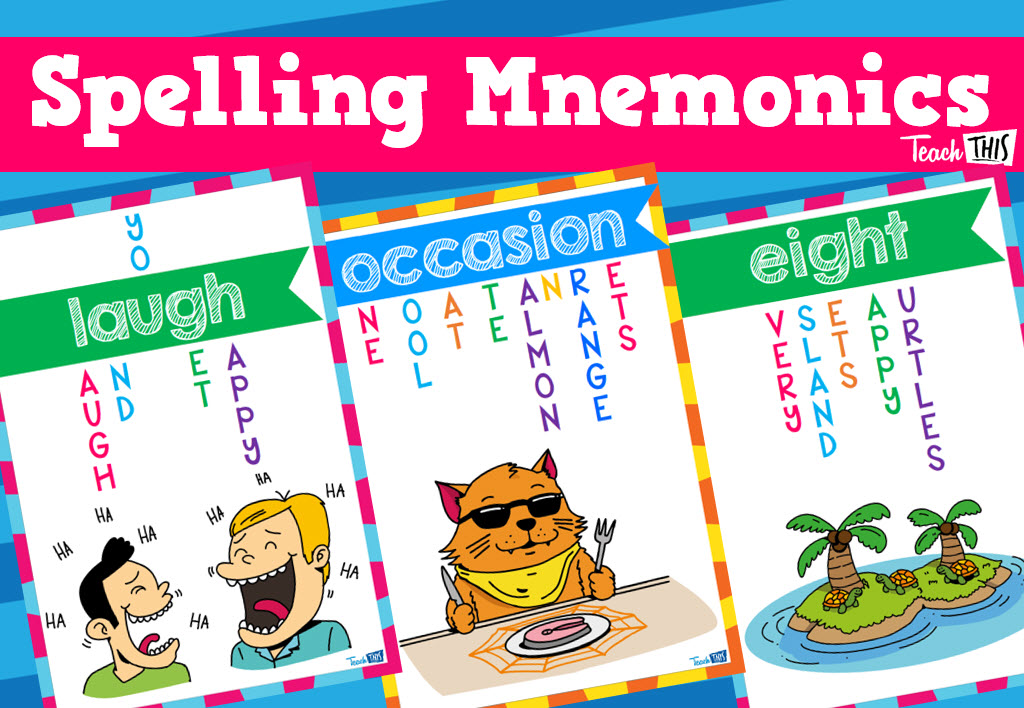 More...Less
More...Less
Throughout the primary grades, students become familiar with basic spelling patterns, like the CVC (consonant-vowel-consonant) pattern. As students progress into upper elementary grades and middle school, they are exposed to more complex patterns, such as root words and affixes.
How to teach: Spelling TestMe can be used as a pretest to identify which words students need to practice, as a practice test before a graded test, or as a formative assessment.
Play to learn: Spelling TestMe provides students the opportunity to practice, review and assess their spelling. More...Less
Each word is read aloud and presented in context. Students have the opportunity to listen again by clicking on the “Word” and “Sentence” buttons. Before the final submission, students have the option of reviewing their words. When words are submitted, the test is immediately graded. Students receive immediate feedback on words spelled correctly and incorrectly.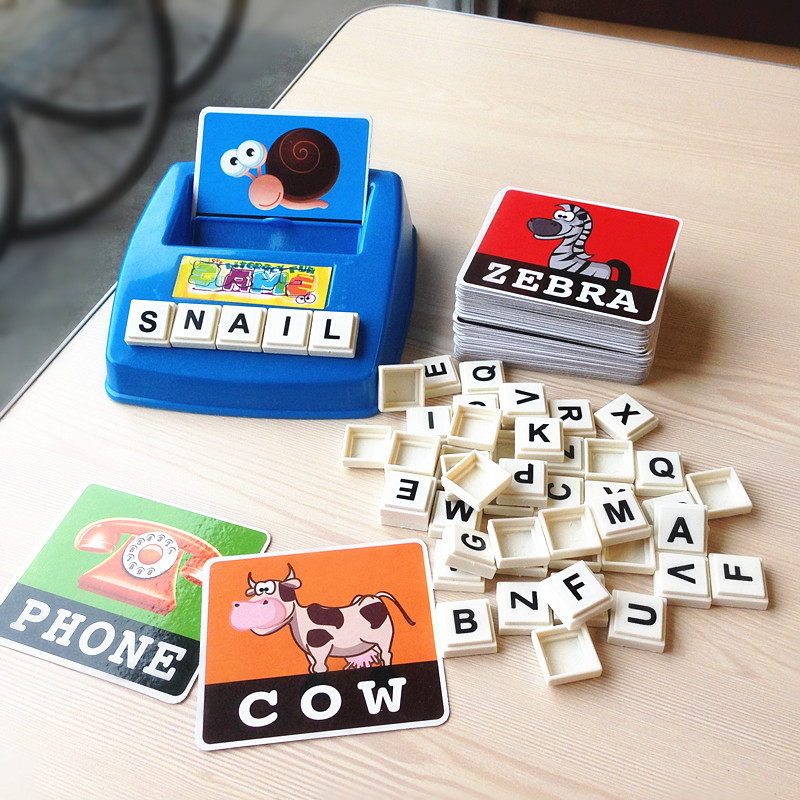 Students have the opportunity to further practice their misspelled words.
Students have the opportunity to further practice their misspelled words.
Teaching Tip: Spelling TestMe allows for differentiated spelling instruction. Teachers can assign different spelling words for students and assess them at the end of the week using Spelling TestMe. It automates the assessment process, generating and grading tests.
1. Take Test
2. Review Words
3. See Results Including Errors
4. Practice Challenging Words Until Proficient
See all activities!
The use of learning games in English lessons
Play is one of the oldest means of educating and teaching children. It translates the external requirements of the social environment into the child's own needs and acts as a leading and active means of learning about the world around at school age.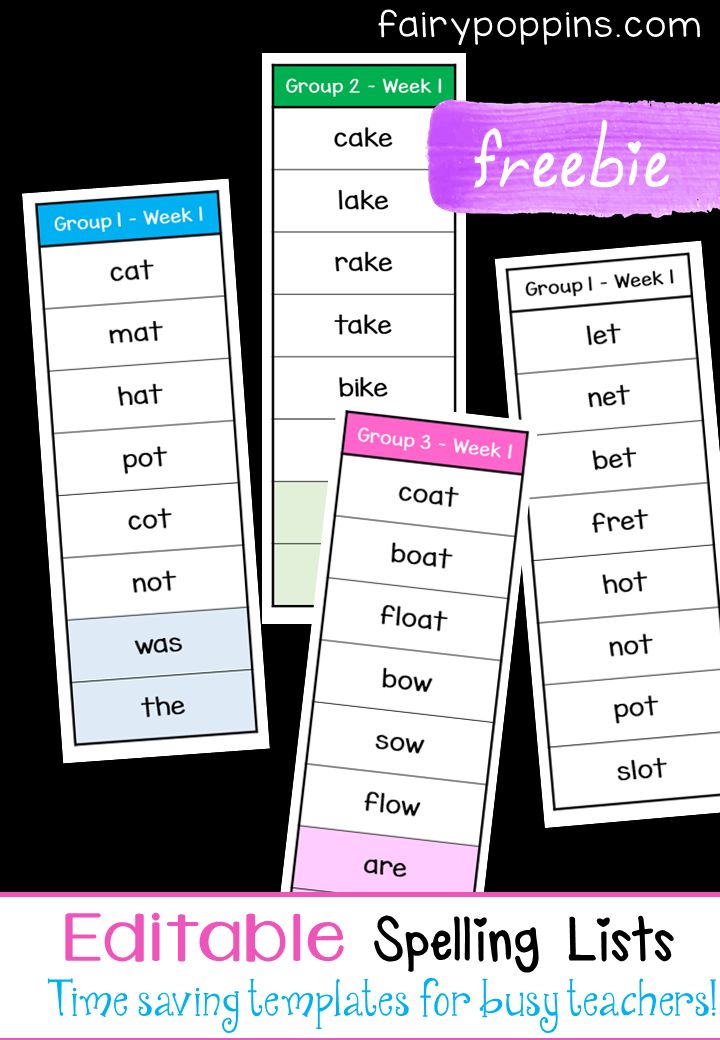
The game is a special organized activity that requires not only mental strength, but also emotional stress. It always occupies an important place in a person's life, because it is one of the conditions for the successful development of the personality, its abilities. Many specialists in the field of pedagogy believe that the game arose in the process of historical development from the needs of social practice. nine0003
One of the functions of the game is to transfer the accumulated experience from the older generation to the younger.
During the game, students use, first of all, their personal experience, as well as their ideas about the experience of the represented (played out) hero. During the game, students do not exactly copy adults, but, imitating them, act exactly in their own way. The essence of the game is the ability to reflect the transformation of reality.
At each stage of the educational process, the game has a certain function associated only with a specific specific age and psychological stage of the child's development.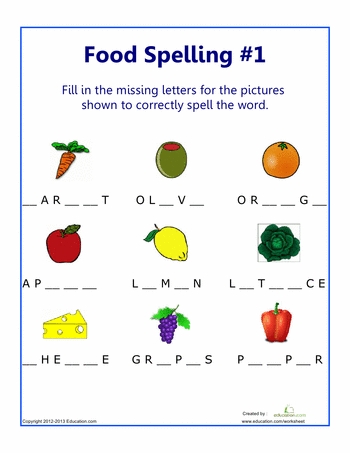 The task of the teacher is to involve the child in the educational game, based on his age characteristics. nine0003
The task of the teacher is to involve the child in the educational game, based on his age characteristics. nine0003
Considering the issue of learning games, it should be said about the main age of high school students (16-17 years old), which psychologists call early adolescence. This stage of personality formation is interesting in that during this period, students objectively begin to build plans for their future. The main and pronounced feature of this age, as experts note, is that the development of intelligence and cognitive abilities is taking place, and not so much quantitative changes are observed as qualitative ones. nine0003
In other words, there are changes in the structure of thought processes, i.e. what matters is not what high school student solves problems, but how he does it. As a result of this, the personality is formed, its self-determination is formed, principles and value orientations are formed, and interests are differentiated. Based on this, a high school student develops a selective interest in academic subjects. One of these elective subjects is the English language. nine0003
One of these elective subjects is the English language. nine0003
The game always involves a decision: what to do, what to say and how to become a winner faster? The solution of the questions raised contributes to mental activity. What if the child also speaks a foreign language? In our opinion, such a game carries even greater educational and developmental opportunities. At the same time, it should be noted that such activities do not impose such a learning process that needs to be thought about. The learning process turns into an entertaining exciting activity, because. the learning task is masked by the game background. nine0003
But do not forget that at this stage there is an orientation towards one's future profession and role in society. At this age, interest in solving the problem awakens not only in order to find the truth, but also to assert itself. High school students are occupied with various games that develop not only memory and logical thinking, but also games with active speech activity, for example, a briefing, a press conference, a teleconference, and many others.![]() Playing out various situations (learning tasks) thought out and planned by the teacher also make it possible to professionally orient high school students. nine0003
Playing out various situations (learning tasks) thought out and planned by the teacher also make it possible to professionally orient high school students. nine0003
The task of a teacher working in specialized classes is not only to teach a student to understand his subject, but also to try to professionally orient a high school student through his subject in choosing his future professional path.
The task of an English teacher, in our opinion, within the framework of the profile course chosen by students, is to show the importance and significance of this professional direction in the life of society, as well as the importance of English language proficiency in the chosen professional field. nine0003
The professional orientation of high school students is formed in the process of solving various problematic tasks, in search of explanations for various kinds of processes, in choosing the forms and methods of their own behavior.
In English classes at the senior level of general education, English is already used as a means of transmitting and exchanging information.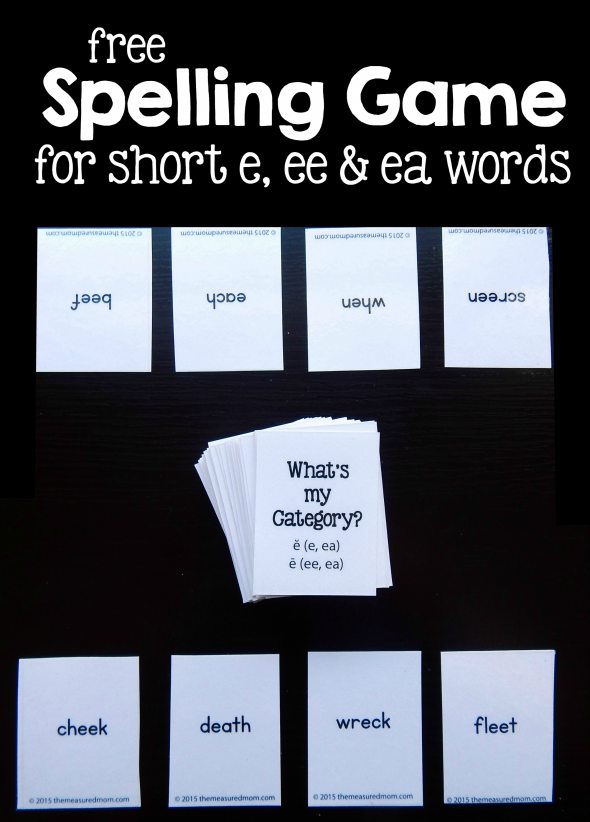 Thus, allocating a certain part of the time for independent work of high school students allows them to independently reach the truth and decide on the way out of a certain game educational situation. nine0003
Thus, allocating a certain part of the time for independent work of high school students allows them to independently reach the truth and decide on the way out of a certain game educational situation. nine0003
Playing in an English lesson makes it possible to overcome the monotonous nature of the lesson, when repeated repetition of a speech sample is required in conditions as close as possible to real educational communication, with its inherent features: emotionality, spontaneity, purposefulness of speech influence].
The game situation in the English lesson with a given profile orientation allows us to perform very important, in our opinion, methodological tasks: nine0034
A feature of the game in the English lesson is that it can take a different amount of time in the lesson, capture the entire lesson or combine several lessons. For example, there are so-called preparatory games that are aimed at developing grammatical, phonetic and spelling speech skills. These games allow you to work out the pronunciation of unfamiliar or difficult to pronounce words, their spelling and use cases in various situations. This type of game allows you to set students to study a specific topic. nine0003
For example, there are so-called preparatory games that are aimed at developing grammatical, phonetic and spelling speech skills. These games allow you to work out the pronunciation of unfamiliar or difficult to pronounce words, their spelling and use cases in various situations. This type of game allows you to set students to study a specific topic. nine0003
The next kind of games are "creative games" . The purpose of these games is to promote the further development of speech skills and abilities. The ability to show independence in solving speech-thinking tasks, the maximum mobilization of speech skills are the characteristic qualities of speech skills that can form a professional inclination for a particular type of activity. These games are aimed at the ability to quickly use speech samples in a certain game situation. Basically, such games are not dark and can be used when reinforcing or repeating material. nine0003
Play is an active way to achieve many educational goals and objectives (eg games to reinforce learned material). The game is an excellent way to spur students on, get them to work actively in the lesson, it is also an ideal way to relax, as they say, for good. The game helps to relieve stiffness, especially if there is no element of competition, evaluation, summing up. Although sometimes the competition enlivens the game. The game helps to memorize the necessary information for a long time and correct the mistakes of students, preventing them from gaining a foothold in speech, increases the motivation of schoolchildren, and the situational game allows high school students to plunge into solving problems related to the choice of their future professional path. nine0003
The game is an excellent way to spur students on, get them to work actively in the lesson, it is also an ideal way to relax, as they say, for good. The game helps to relieve stiffness, especially if there is no element of competition, evaluation, summing up. Although sometimes the competition enlivens the game. The game helps to memorize the necessary information for a long time and correct the mistakes of students, preventing them from gaining a foothold in speech, increases the motivation of schoolchildren, and the situational game allows high school students to plunge into solving problems related to the choice of their future professional path. nine0003
Educational games at foreign language lessons in elementary school
References:
Milyutkina, Ya. E. Educational games in foreign language lessons in elementary school / Ya. E. Milyutkina, N. O. Vetlugina. - Text: direct // Young scientist. - 2015. - No. 10.5 (90.5). - S. 19-19.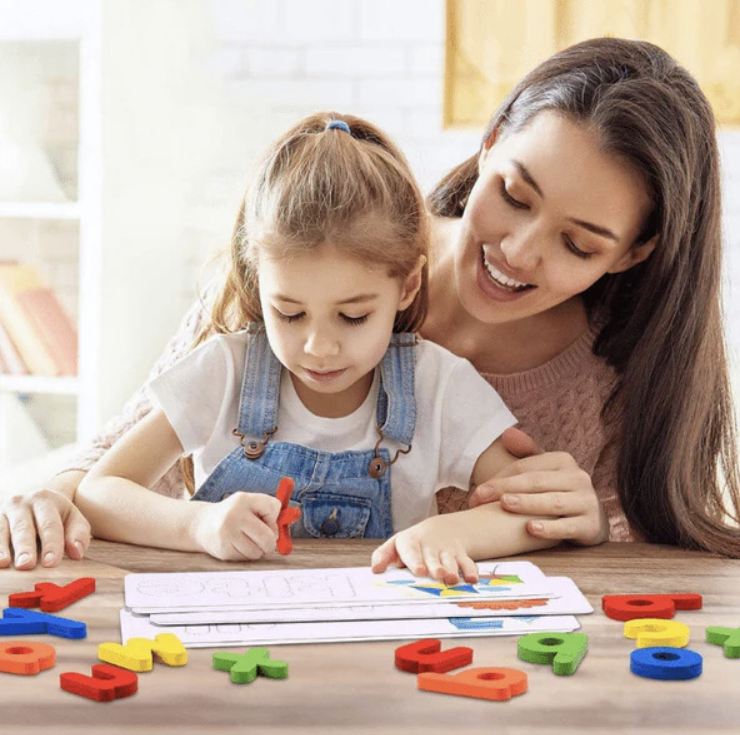 — URL: https://moluch.ru/archive/90/18052/ (date of access: 01/31/2023).
— URL: https://moluch.ru/archive/90/18052/ (date of access: 01/31/2023).
Foreign language teaching methods are developing rapidly these days. We live in the era of the Internet and other technical possibilities, which means that a teacher can use various methods of teaching a foreign language, such as watching films in English, online communication and much more. Despite this, such a method of learning as a game remains unchanged. It is the leading activity of the child in elementary school. Game forms of work contribute to the creation of a favorable psychological climate in the lesson and activate the activity of students. nine0003
Attempts to classify games were made in the last century by foreign and domestic researchers: N. P. Anikeeva, M. F. Stronin, L. S. Vygotsky, S. L. Rubinshtein and D. B. Elkonin.
All games, according to the classification of M.F. Stronin, are divided into two sections:
1. "Preparatory games". Games that contribute to the formation of language skills.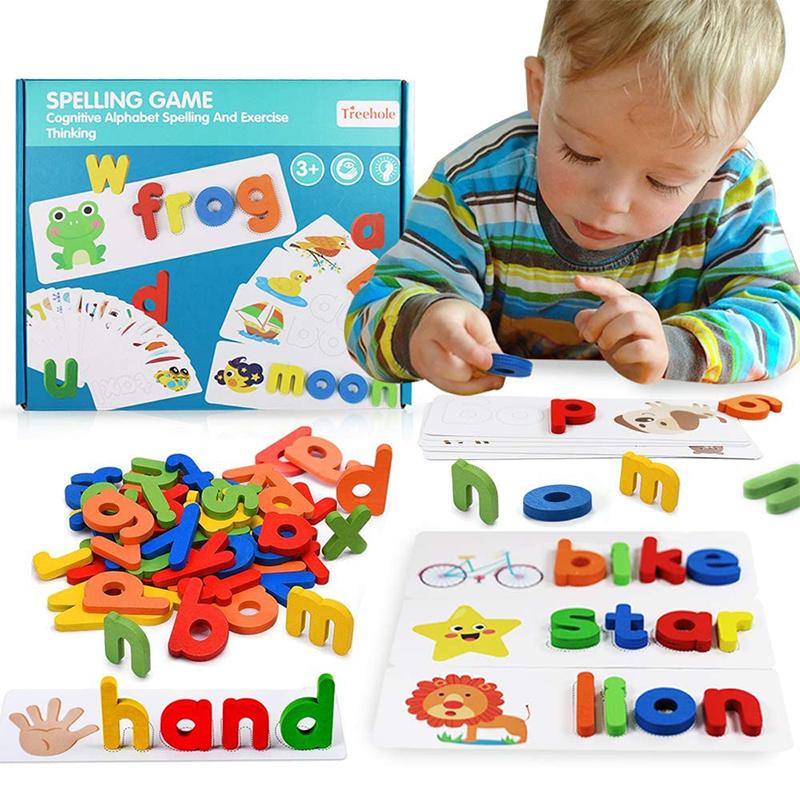 This section includes: grammar, lexical, phonetic and spelling games. The author believes that without mastering grammar, the student will not be able to correctly formulate his speech. nine0003
This section includes: grammar, lexical, phonetic and spelling games. The author believes that without mastering grammar, the student will not be able to correctly formulate his speech. nine0003
2. "Creative games". They are aimed at developing speech skills, the ability to quickly respond, invent and use certain constructions.
It is known that the game develops the desire for learning, increases students' interest in the topic of the lesson; introduces an element of competition, which increases the activity and increases the motivation of students.
So, we can say that the game is a traditional, recognized method of teaching and upbringing, moreover, it is an additional incentive in case the interest and motivation of children to learn a foreign language begin to wane. A. S. Makarenko said: “The game is of great importance in the life of a child, almost the same as an adult has an activity, work, service. What a child is at play, so in many respects he will be at work when he grows up.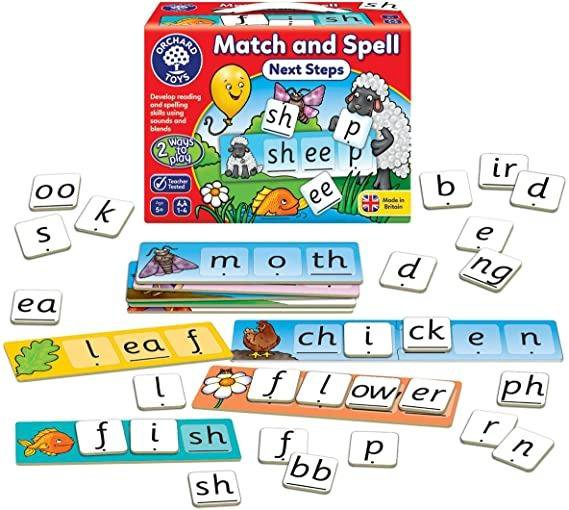 Therefore, the upbringing of the future figure takes place, first of all, in the game. nine0003
Therefore, the upbringing of the future figure takes place, first of all, in the game. nine0003
Literature:
1. Anikeeva N. P. Psychological climate in the team: scientific publication / N. P. Anikeeva. - M .: Education, 1998. - 223 p.
2. Bocharova L.P. Games in English lessons at primary and secondary levels of education // Foreign languages at school. No. 3.— 1996 -27 p.
3. Grigoryeva M. B. Using game techniques in foreign language lessons // Foreign languages at school. - 2011. - No. 10, p. 47
4. Innovative technologies in pedagogy and production: abstracts. V scientific-practical. conf. young scientists and specialists Ural. state prof.-ped. un-ta, April 27–28. 1999, Yekaterinburg / Ural. state prof.-ped. un-t, Ural. state scientific-educational center Ros. acad. education, Ros. acad. prof. education; [res. ed. N. K. Chapaev; resp. performer L. N. Mazaeva]. - Yekaterinburg: UGPPU Publishing House, 1999. - 181 p.
5. Stronin M.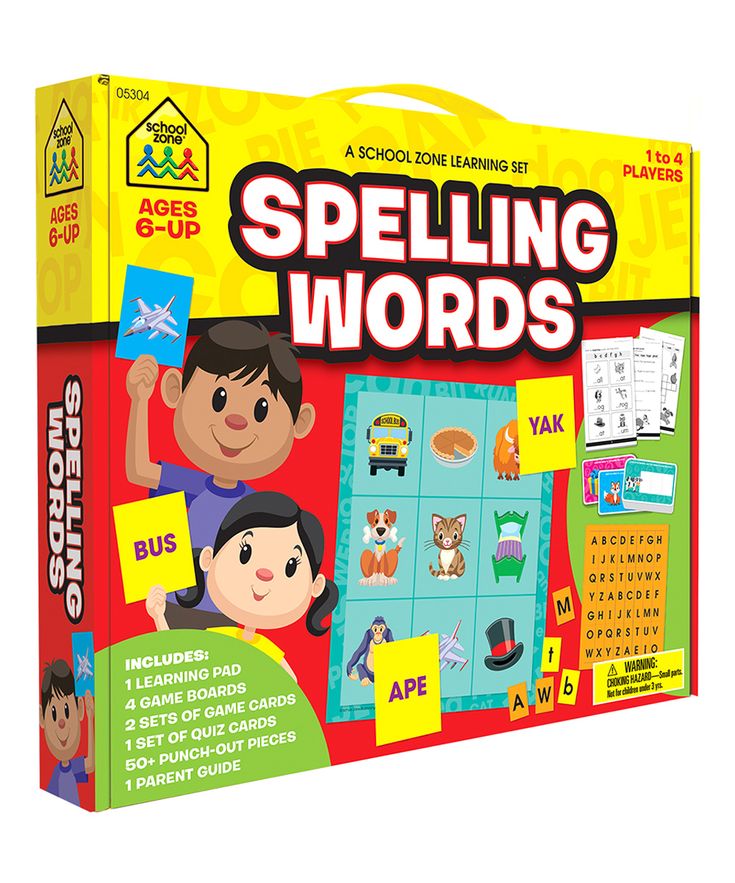 F. Educational games in the English lesson / M.F. Stronin — M.: Enlightenment, 2001–370 p.
F. Educational games in the English lesson / M.F. Stronin — M.: Enlightenment, 2001–370 p.
Basic terms (automatically generated) : game, foreign language.
The role of
games in the process of learning English language at schoolForeign language as a general education subject can and should contribute to the development of students' creative abilities.
Educational
games in English lessons language middle...The game has many advantages and should be used in lessons, especially in foreign language lessons .
About the need to use
game when teaching... Thus, we should also consider the game not as a way of entertainment, but rather as a tool that can be used to teach a foreign language language students.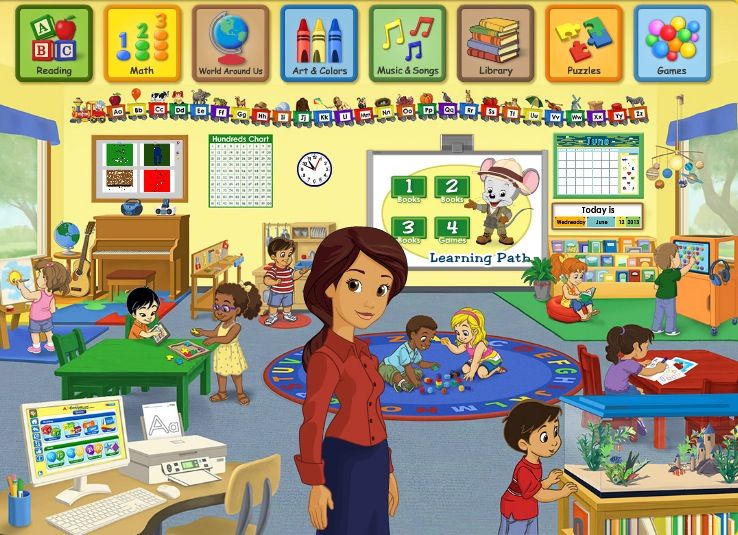 ..
..
Role-playing games
in teaching foreign language at schoolAs is known, the motivation for learning is of great importance in the organization of the educational process. It contributes to the activation of thinking, arouses interest in a particular type of occupation ...
Using computer games
in the early stages of learning...Modern trends in teaching foreign languages are connected with the technical and technological renewal of the learning process...
Game as one of the effective methods of teaching a foreign language ...
One of the active ways to achieve various educational goals is game . With the help of games , the teachers of English Alekseeva A.

